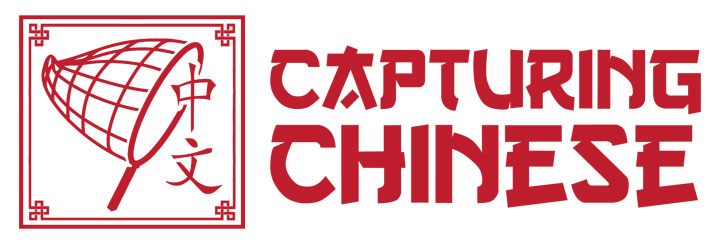Lu Xun's Dragonboat Festival
Dragonboat Holiday or Dragonboat Festival is a traditional Chinese holiday falling on the fifth day of the fifth lunar month. It is also called Double Fifth. The story is another story that closely follows Lu Xun's own life. For an introduction to Lu Xun, then follow this link to An Introduction to Lu Xun. Otherwise keep reading for a longer introduction to Dragonboat Holiday.
Dragonboat Holiday
端午节
Duānwǔjié
端午节 was first published in September 1922 in Fiction Monthly (小说月报 Xiǎoshuō Yuèbào). After the establishment of the Republic, life did not change very much at first. The overthrow of the Qing dynasty resulted in a Republic dominated by a military man, Yuán Shìkǎi (袁世凯), who did little to benefit the common people and improve government. In the story, the main character chooses the pet phrase, “差不多”meaning "not much different." Given the historical context of the times, one can understand why he would feel this way. While the name of China changed, nothing much else did, causing Lǔ Xùn (known as Fāng Xuánchuò (方玄绰) in the story) to become disillusioned with the revolution and much else in life. 端午节 is Dragonboat Holiday in China and is a typical time to get paid and also to repay debts. The story is about the main character, Fāng Xuánchuò, not getting paid for his teaching position or his government position and what he does about it (not much). Basically his philosophy is to not do anything because everything will have the same result anyways. His family has to borrow from friends and relatives to make ends meet. After a mass demonstration, in which Fāng Xuánchuò did not participate, the government finally issues back pay to the teachers and officials. However, once the finance department has the checks to disperse, they refuse to issue to people like Fāng Xuánchuò who did not help in the protest. Fāng Xuánchuò refuses to beg for his check which he believes he already rightly deserves. Instead he goes to a good friend and asks for a temporary loan. While his friend congratulates him on not capitulating to the finance department's demands, he quickly becomes incensed when he finds Fāng Xuánchuò is visiting only to ask for a loan. Fāng Xuánchuò can't really blame his friend because he remembers doing the same thing. When he was still getting paid, someone came to ask him for a loan. Instead of helping out, Fāng Xuánchuò pretended he had no money to spare. The backdrop of this story is based on actual events. The government did stop paying their workers, which escalated into a mass demonstration demanding back pay. On June 3rd, 1921 at Xīnhuámén (新华门), at the gate outside the government offices at Zhōngnánhǎi (中南海), 10,000 teachers and students took to the streets of Běijīng to demand their back pay before classes could resume. Several people were hurt, and the government eventually resumed pay for the teachers and government officials. Dragonboat Festival 端午节| Would you like to read this Chinese short story with pinyin, footnotes with definitions, historical summaries, and cultural references, as well as Chinese audio files of two native speakers, one male and one female, reading the story? Get your copy of Capturing Chinese today! See the Capturing Chinese Catalog |
